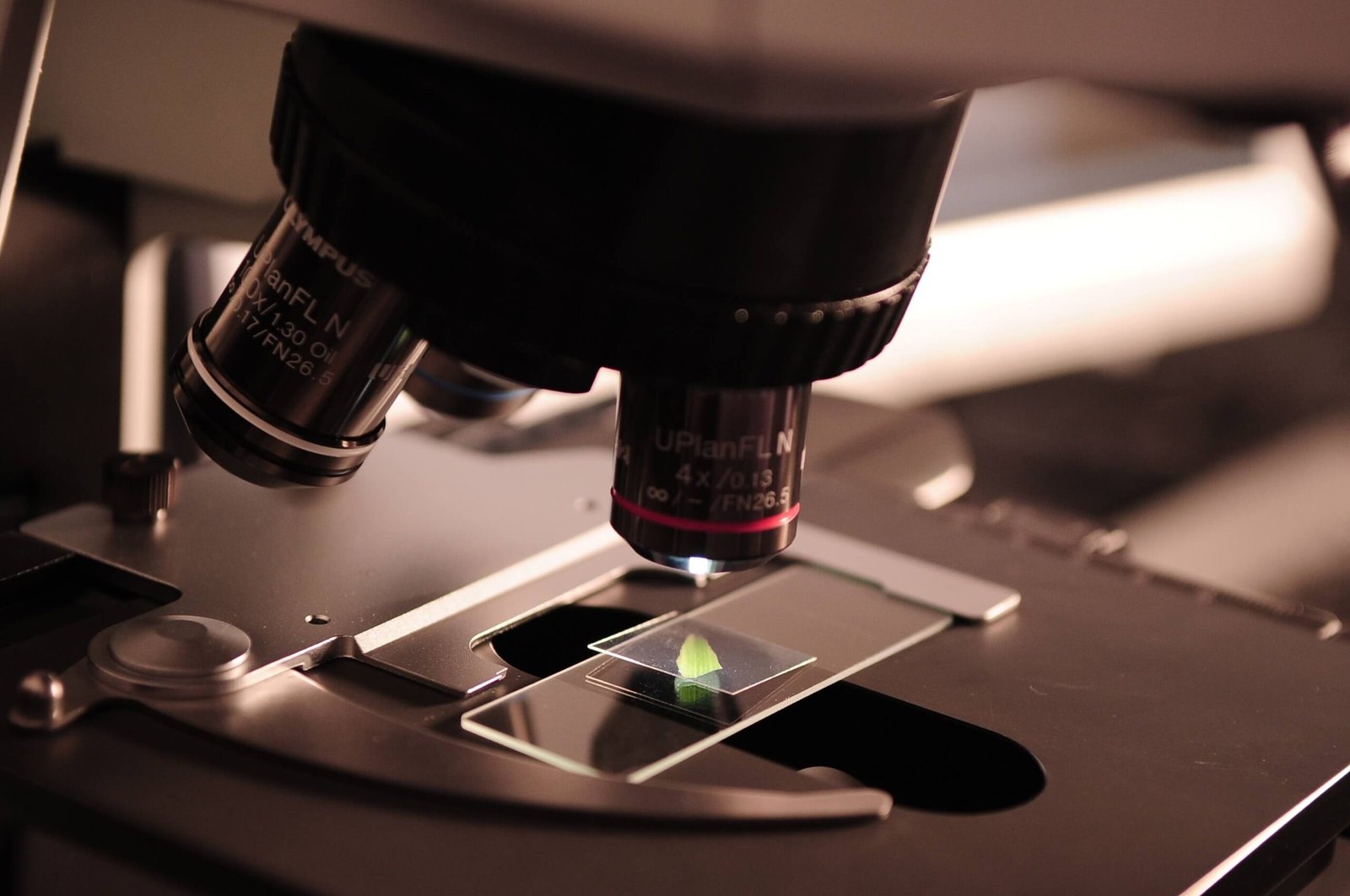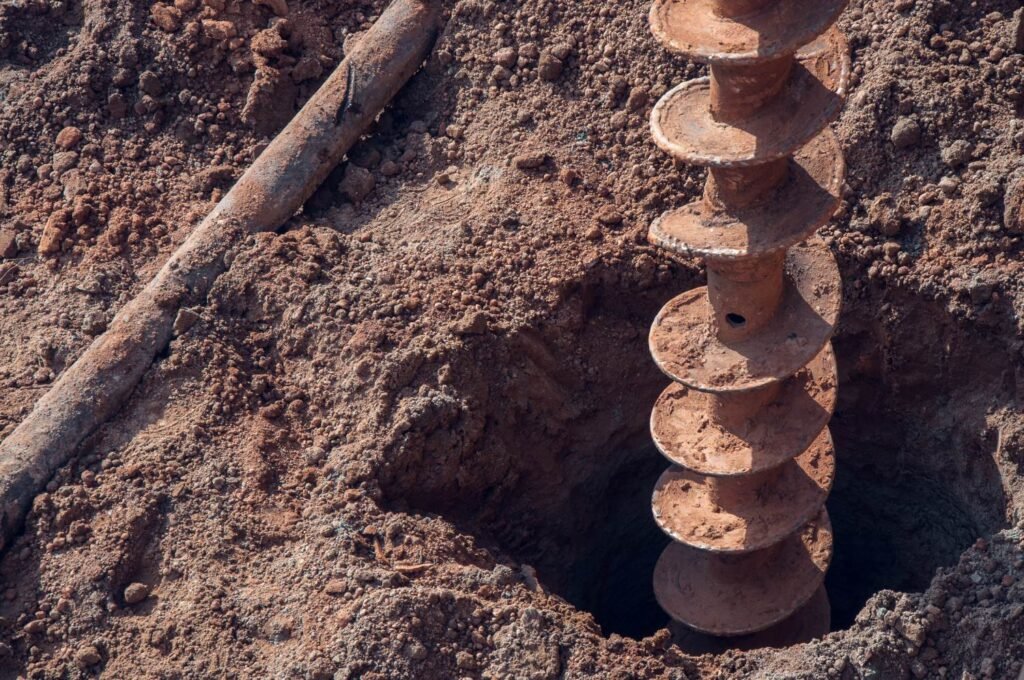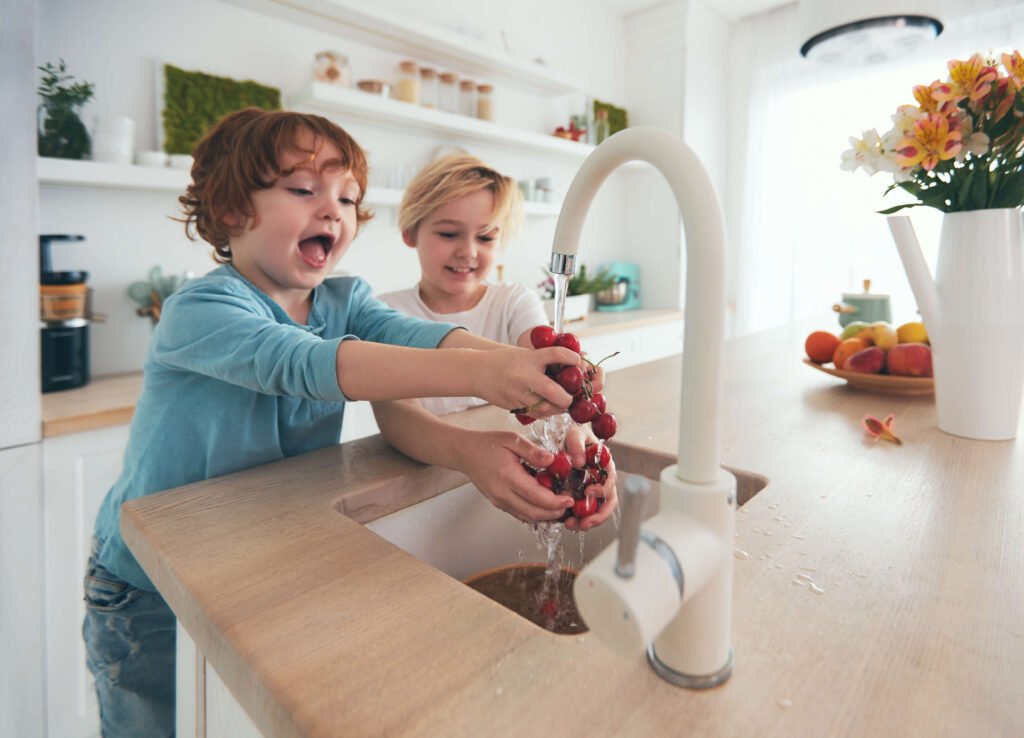Address
Unit 8, Meerzicht Business Park, 33 Kelly Road, Jet Park Boksburg, 1459
Work Hours
Monday to Friday: 8AM - 5PM
Address
Unit 8, Meerzicht Business Park, 33 Kelly Road, Jet Park Boksburg, 1459
Work Hours
Monday to Friday: 8AM - 5PM

Keeping your home water safe is no easy task. Municipal water supply undergoes regular treatment and monitoring per the guidelines of the South African Environmental Protection Agency and other related organizations. But this water remains at risk of re-contamination between the treatment facility and your tap.
This is why questions on water safety never stop. We wrote this article to answer some of the most common questions on home water safety. And so here are key FAQs about home water safety measures:

1.) Should I have my water tested?
How you respond to this question will depend on several factors. For one, whether you should test your water relates to the household’s health. Home water quality concerns impact your health, family members, and guests. Thus, basic facts about your water supply are key to safe home water.
Besides possible illness, poor water quality also causes many domestic water problems. These include issues with water color, bad taste, and odors, among others. For example, colored water stains, clothes, and other home fixtures. These stains are among the most basic signs of potential water-quality problems.
These signs call for you to test your water. But some of the worst water contaminants are invisible to the naked eye. This is why we recommend a regular water testing schedule. Your routine should include best practices and precautions to ensure you consume healthy water.
Something to consider, for example, is how close your private borehole is to septic systems and similar projects. The composition of the plumbing materials around your home is of significant concern, given its ability to contaminate already treated water.
So, whether you should test your or not depends on the inherent properties of your home water supply and the home’s water systems. Your location and factors local to your water supply will also determine the type of tests to perform.
2.) Is my water from a public water system?
The source of your water is linked to its quality. For instance, if you pay a water bill, your water is derived from a public water system. It also means that whenever you turn on the tap, the water coming out of it is safer than people using a private water supply, as this is not subject to similar rigorous testing and quality control measures. Referred to as municipal water supply, a public water system is tested often. It also needs continuous monitoring for impurities and other water quality concerns.
Such tests are available at the tribal, state, and federal drinking water agencies. These bodies ensure that drinking water meets the National Primary Drinking Water Standards. This is why public water systems are much safer than others.
Further, your local water company must notify all residents when there are contaminants in the water. A breakdown of what illness or other health problems these contaminants can cause and steps taken to protect the end-users. In South Africa, most people get their water from a community water system. The authority shares an annual water quality report, Consumer Confidence Report, with its customers. The report, shared once a year in July, often comes together with your water bill and contains information on contaminants found, possible health effects, and the water’s source.
3.) How do I ensure the quality of my private water supply?
While the public water supply is tested and monitored, everyone is responsible for using a private water source. Such includes water from a private borehole or rainwater harvesting systems, which are as likely to have both physical and chemical contaminants in their water. As a result, we recommend that you conduct routine testing for the most common pollutants in your locality, even if you have installed a water treatment or purification system.
Because water treatment system efficiency declines over time, you’ll need to test your hitherto safe, pure water supply to confirm that no pollutants have leaked into your water. It’s essential to test your private water supply and establish a record of your water quality. This record can solve potential future problems with your water.
The cost of regular water testing can be prohibitive. As such, having a well-laid-out routine is more optimal. The record will also come in handy when seeking compensation if someone damages your water supply.

The checklist below will help you determine your private water-testing routine.
When should you test your private drinking water supply? The timing and frequency of tests depend on your location. But you should test your water yearly for total coliform bacteria, pH levels, nitrates, and total dissolved solids, among others. These tests are significant if you have a new borehole or recently had the pipes and pumps replaced or repaired.
a.) Do you expect to have a new baby in the household?
If so, test for nitrates before the infant comes home in the early months of pregnancy. If clear, you will need another round of tests during the baby’s first six months. Testing for nitrates is more accurate in the spring or summer following a rainy period.
b.) Do you have taste, odor, and staining issues?
These call for you to test for sulfate, manganese, iron, and chloride minerals responsible for water hardness and corrosion of your water fixtures. You should also schedule these tests every three years or whenever you suspect other contaminants are in your water.
c.) Have you had a chemical or fuel spill or leak near your water supply?
A chemical spill in your area requires new tests on your private water supply. The tests must focus on various chemical contaminants like volatile organic compounds. We recommend finding out which chemical was spilled, testing for that, and a few related ones to keep the cost lower. You can also work with a local water expert to determine possible impurities in your locality.
d.) Do you know who can test your water?
In most cases, you can ask your provincial health department to help you test for bacteria or nitrates in your private water. Where this is not possible, a state-certified laboratory can also conduct the necessary tests on your private water resources.
4.) How do I collect water samples for testing?
If a certified laboratory is testing your water supply, they’ll likely collect the samples themselves. If not, most labs and water testing services provide sample containers for users and instructions on collecting your samples. These include how to collect, preserve, and handle your water samples.
For example, when testing for coliform bacteria, all samples must be collected using sterilized containers. Other tests require you to run water from an outside tap for a few minutes before filling the sample containers. Depending on the water tests requested, the same labs can even dispatch a trained technician to collect and analyze the samples on location, which provides faster results.
To find out more on how to better secure the quality of your water, explore all the filtration options available here.